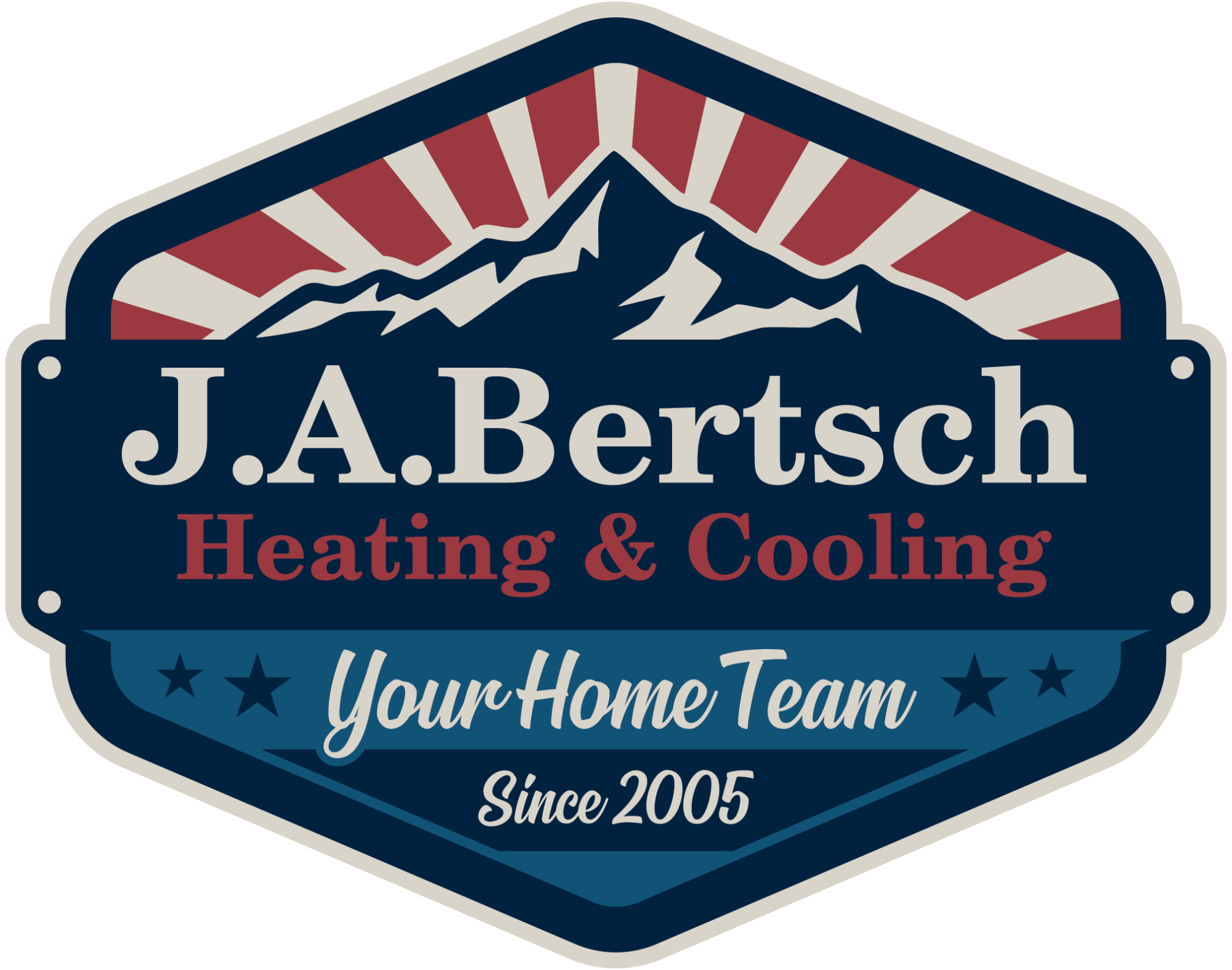What to Know Before Buying a Backup Generator
When power outages strike in North Idaho, having a backup generator can mean the difference between comfort and chaos. But one of the most common questions homeowners ask is: What is the average cost of a generator? Whether you’re bracing for winter storms in Coeur d’Alene or preparing for wildfire season in Sandpoint, knowing your options—and your budget—can help you make the right decision.
How Much Does a Generator Cost?
The average cost of a home generator varies widely depending on the type, size, and whether you’re installing a portable or standby model. Here’s a breakdown:
-
Portable Generators: Typically range from $500 to $2,500. These are ideal for short-term outages and can power essential appliances.
-
Standby Generators: Average between $3,000 and $7,500, not including installation. These automatically turn on when the power goes out and can power your entire home.
Keep in mind, generator installation adds anywhere from $1,000 to $5,000 depending on your home’s layout, local permits, and electrical setup.
What Impacts Generator Pricing?
Several factors can influence the total price of a generator:
-
Wattage and capacity: Larger homes or higher power needs require higher-wattage generators, which cost more.
-
Fuel type: Propane, natural gas, and diesel each come with different installation and long-term maintenance costs.
-
Electrical upgrades: If your system needs modifications to accommodate a standby generator, that will raise the total cost.
-
Permitting and location: In cities like Hayden or Post Falls, local code requirements can affect pricing.
If you’re also planning a panel upgrade or electrical installation, combining projects can sometimes reduce overall labor costs.
Is a Generator Worth the Investment?
Absolutely—especially in areas like Rathdrum, Spirit Lake, and St Maries, where power interruptions are more frequent due to weather or infrastructure. Beyond convenience, generators protect your home’s vital systems, like sump pumps, HVAC units, refrigerators, and medical equipment.
At J.A. Bertsch Heating, Cooling & Electrical, we help homeowners choose and install backup power systems tailored to their energy needs, home size, and budget. Whether you’re looking for a whole-home standby generator or a portable model to run just the essentials, we’ll guide you every step of the way.
Ready for Reliable Backup Power?
If you’re tired of unpredictable outages and want peace of mind, now’s the time to explore generator installation. J.A. Bertsch Heating, Cooling & Electrical proudly serves Athol, Blanchard, Dalton Gardens, Worley, Plummer, and Harrison. We offer expert generator recommendations, installation, and ongoing support.
Schedule your free estimate or give us a call today to get started!
FAQs
How long will 2 gallons of gas last in a generator?
The run time for 2 gallons of gasoline depends on the size and efficiency of your generator. On average, a portable generator using 2 gallons can operate between 4 to 8 hours, depending on the load. Smaller inverter generators are more fuel-efficient and may stretch that time further. Factors like wattage demand, engine type, and whether you’re using eco mode can also affect fuel consumption.
What size generator will run a house?
To power an entire home, most homeowners need a whole-house generator rated between 20,000 to 25,000 watts (20–25 kW). This will handle essential systems like HVAC, lights, refrigerator, sump pump, and more. However, the exact size depends on your specific energy usage and whether you want to run your entire home or just critical appliances. An electrical load analysis is the best way to determine the right size generator for your home.
Can a 5000 watt generator run a house?
A 5,000-watt generator can power several essential appliances during an outage—like a refrigerator, a few lights, a TV, and maybe a small furnace fan—but it won’t handle an entire house. This size is suitable for partial home backup, especially in emergencies. If you’re planning to run an HVAC system, electric water heater, or large well pump, you’ll need a more powerful generator.
Is it illegal to use a generator to power your house?
No, it is not illegal to use a generator for home backup power, but it must be installed safely and according to local electrical codes. Improper setups—like backfeeding a home’s electrical panel without a transfer switch—are not only dangerous but also illegal in most areas. Always consult a licensed electrician for proper installation to avoid fire risks, electrocution, or fines.
Can I plug a generator into an outlet?
No, plugging a generator directly into a standard wall outlet is extremely dangerous and illegal in many states. This method, known as “backfeeding,” can send power back into utility lines and risk electrocution for utility workers or neighbors. Instead, use a transfer switch installed by a qualified electrician to safely and legally connect your generator to your home’s electrical system.
Need help choosing the right generator for your home or want to ensure it’s installed safely and up to code? Contact J.A. Bertsch Heating, Cooling & Electrical today to schedule a consultation with a licensed technician.
